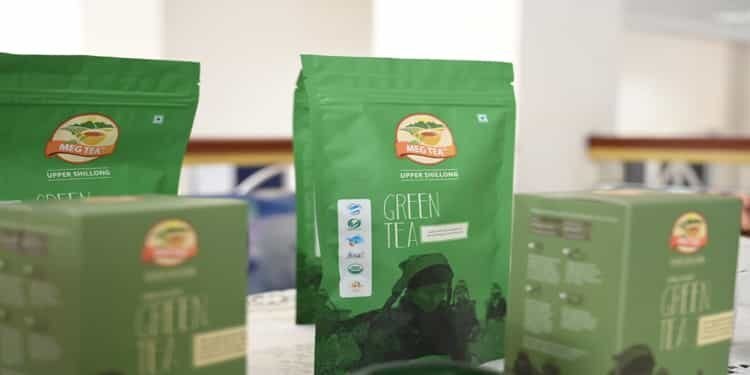Shillong(Meghalaya), June 1 : The Directorate of Horticulture, Meghalaya, on Friday , May 31 st 2024, hosted a successful brainstorming session focused on “Enhancing Market Access & Quality Production for Small Tea Growers in Meghalaya.” The event, held at the Integrated Agricultural Training Centre in Upper Shillong, saw the participation of experts and dignitaries dedicated to improving the tea industry in the region.
Dignitaries present included Smt. D.C. Sohtun, Director, Horticulture, Smt. Mary Q. Ch. Marak, Assistant Director, Horticulture , Marbakynsai Marbaniang, M.A.S., Assistant Director, Agriculture, I/C Tea Development Centre, Umsning, M. L. Suiam, M.A.S., OSD, Directorate of Food Processing and Ramen Lal Baishya, Assistant Director, Tea Board of India.
The presence of John Taylor, Marketing Manager HTPC, Nepal, Sourav Bhagawati from Tea Tech, Guwahati, Assam and Shri Parveez Arshad Hussain, Tea Sommelier from Darjeeling added enriching dimensions to the discourse. The experts shared their invaluable insights and perspectives on identifying opportunities and challenges, marketing of tea in international markets, micro and mini tea machinery, and specialty tea manufacturing. Their participation underscored the collaborative spirit driving this initiative forward.
In her address, Smt. D. C. Sohtun, emphasised on the importance of enhancing market access and quality production for small tea growers in Meghalaya to benefit the state. She noted that tea in Meghalaya is predominantly grown organically, which adds to its appeal. Sohtun highlighted that tea cultivation brings numerous benefits to the community, society, environment, and economy, including employment opportunities and tea tourism. She maintained that there are several challenges in the sector, such as high investment and production costs, low labour productivity, and the unorganized nature of the tea industry.
M. L. Suiam, OSD, Directorate of Food Processing noted that Meghalaya has seen significant growth over the past three and a half to four decades. Suiam highlightedtheir efforts to promote the concept of low-volume, high-value products. However, he acknowledged that there are challenges to be addressed, such as limited market access andquality production. Despite challenges, some key brands produced in Meghalaya have gained acceptance in both domestic and international markets, he added.
Marbakynsai Marbaniang, ADA I/C Tea Development Centre, Umsning, provided an in-depth analysis of the challenges faced by small tea growers in Meghalaya. This address underscored the critical areas needing attention and paved the way for the subsequent discussions.
It may be mentioned that as compared to other states, Meghalaya has only 2768 hectares (2021). The first tea factory in Meghalaya was set up in 1997 (Arengh Tea Industry). Currently, there are around 12 tea factories both small and big. 70 to 80 percent of tea produced is (Crush, Tear, Curl) CTC, rest is specialty tea.
John Taylor observed that Meghalaya also has the potential to export teas to international markets in the future and urged the authorities to bring small buyers from other countries.










































